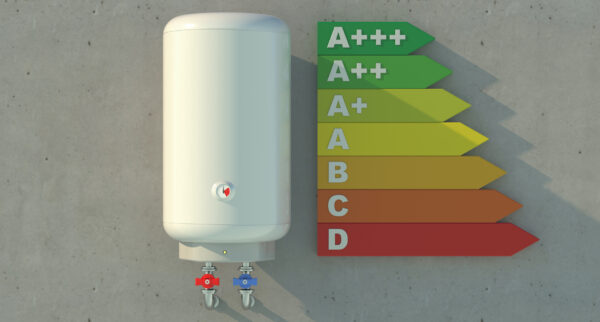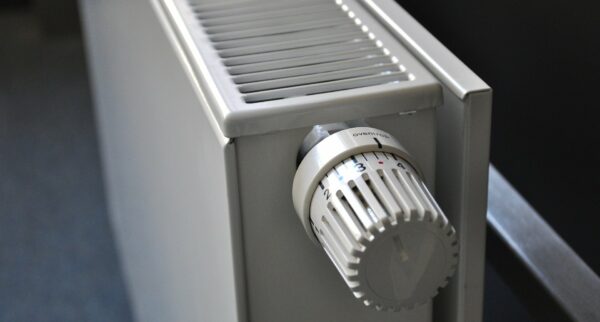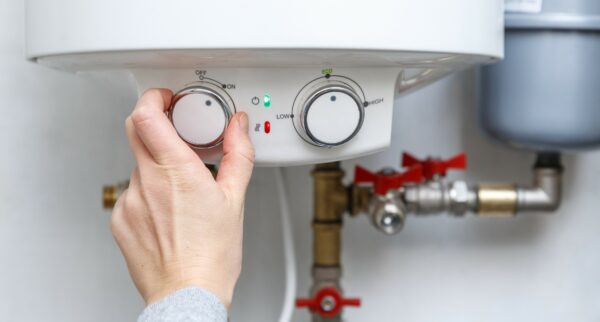Call us today 0207 32 32 999
This is a somewhat loaded question because it depends on your personal preferences, over and above basic swimming pool science. How warm do you want the pool to be and how quickly must it heat, for example. There’s also the matter of where you live.
A pool down Cornwall way will need less energy to heat than one in the Outer Hebrides. Therefore this article is going to comprise broad brushstrokes. Once you know the basics you can find a swimming pool heating specialist in more confidence.
One more thing before we start. Water and electricity are not good bedfellows. Therefore we recommend you install a gas-fired boiler after you find a Gas Safe registered engineer who knows their stuff.
Couldn’t I Just Ask a Supplier What Boiler Size I Need?
Of course you could, just as you could ask a sleep shop which is the best bed to buy. However because you’re smart, you’re likely to first figure out how much space you need to spread out, and whether an innerspring or foam latex mattress will suit your body shape better.
In the same way, going for the biggest gas boiler with a virtual computer attached is seldom necessary for the average home-size swimming pool. However you may like to go one size up from what the BTU calculation says to have a margin of error for cold snaps
There You Go Baffling Me with Science. What’s a BTU?
A BTU is a British Thermal Unit for measuring heat. This is “the amount of heat required to raise the temperature of one pound of water by 1.0 degree Fahrenheit / 0.55 Celsius”. This has pretty much become the international standard, which is handy if you choose an imported gas boiler.
Getting Back to Calculating the Right Boiler Size
However, you’ll be glad to know you don’t need to weigh the water in your pool bucket by bucket, because there are easier ways to go about it. That said, there is something you need to know before installing the largest gas boiler ‘just to be safe’.
While it is true your pool will heat faster, and even stay warm in driving sleet this comes at a cost. That’s because a 400,000 BTU boiler uses twice the amount of gas as a 200,000 BTU one.
Step 1: Calculate the Surface Area of Your Swimming Pool
You don’t have rush out and purchase a measuring tape for this, or painstakingly use a one-foot ruler and a piece of chalk. This is not advanced science. Simply pace the length and width off with even steps, figure out the length of your pace, and apply the results.
A pre-school kid could probably tell you the surface area without using their phone. This is why we keep on saying you don’t need to ask a pool company to estimate your gas pool boiler size for you.
WHY DOES THE SURFACE AREA MATTER?
The pool surface is the membrane through which the heat of the Sun’s rays passes on days when it shines. It is also the membrane through which the warmth escapes on cool days which is more likely with a heated swimming pool.
Therefore the larger the pool surface, the more BTU’s you need to keep the water warmer than the ambient temperature of the air. This is also why your average energy costs will be higher in the Outer Hebrides than in Cornwall.
Step 2: Determine You Basis BTU Requirements
Let’s say, just for example your pool measures 12 x 30 feet, or 360 square feet. Now divide the pool area by a factor of three. The result, 120 is your basis BTU requirement. However, before you rush out and purchase a 120,000 BTU gas-fired pool boiler there is still a bit more to do.
WHAT DO YOU MEAN BY A BASIS BTU REQUIREMENT
We were taking baby steps when we said “a BTU is the amount of heat required to raise the temperature of one pound of water by one degree Fahrenheit / 0.55 Celsius”. That’s because there are environmental factors that affect the calculation. There are also things you can do to make your pool heater work smarter but more about that later.
Step 3: Fine Tune Your Swimming Pool’s BTU Requirements
The ideal BTU boiler rating depends on a number of qualifying factors:
- The average air temperature where you have your pool
- To what extent the wind disturbs the water surface
- How cold it gets at night, on average round the year
- Whether you have a relatively high or low humidity profile
To incorporate these factors, first (a) decide how warm the pool should be when the thermostat cuts out. Next, find out (b) the average air temperature for the coolest month when you want to use the pool. Finally, subtract (b) from (a) which will tell you how much you want to be able to heat the pool.
You can now calculate your ideal theoretical BTU rating as follows (assuming (a) an average 3.5 mph wind speed at the pool surface, and (b) a 0.5 to 0.7 ºC temperature rise per hour).
(Desired Temperature Rise) x (Pool Surface Area) x 12
Now you understand how the basis principles work, you could ask a pool specialist to factor in these additional criteria. Scroll down that link. Select ‘swimming pool boiler’ under appliance type to find an installer you could trust.
How to Help Your Gas Pool Heater Work Smarter
Keeping a pool warm in winter in the UK is a constant struggle against the elements. You keep pumping the heat, and it keeps transferring to the cooler air above the surface. To make things worse, the warmest water is just below that level because heat rises in water.
A thermal pool-cover helps keep the heat in, although the warmth gradually escapes when you remove it. A total enclosure is an ideal solution, although this comes at a cost. Fortunately there is something you can do that costs you nothing.
Because the warmest water is at the surface, it follows that vigorous diving, swimming and splashing is literally throwing money into the air. But then why would you want to do that, when you could drift languidly beneath the stars on a chilly autumn night.





